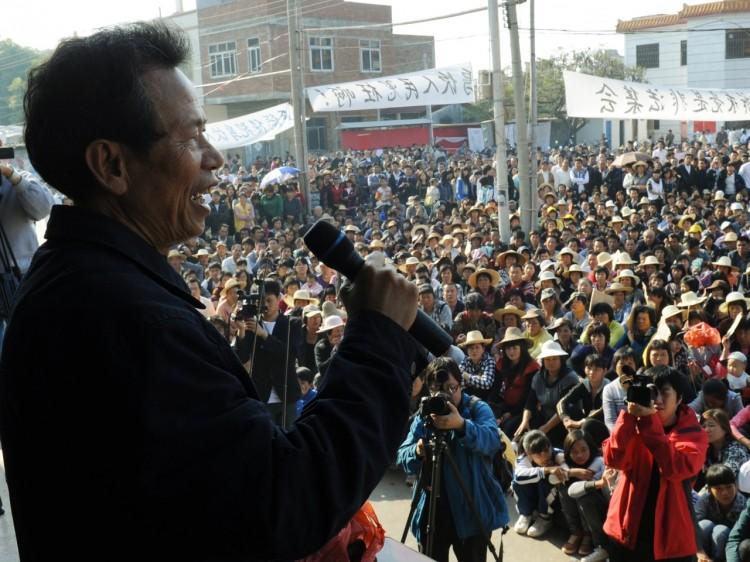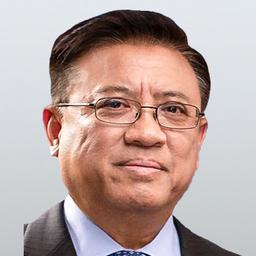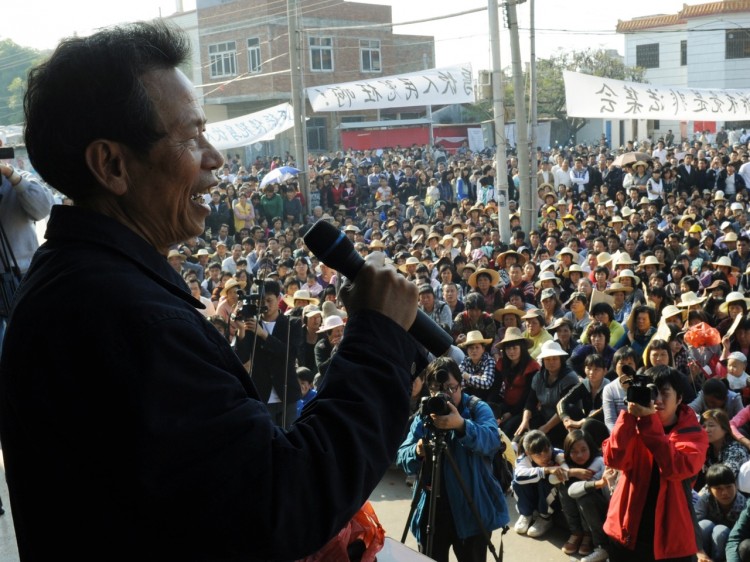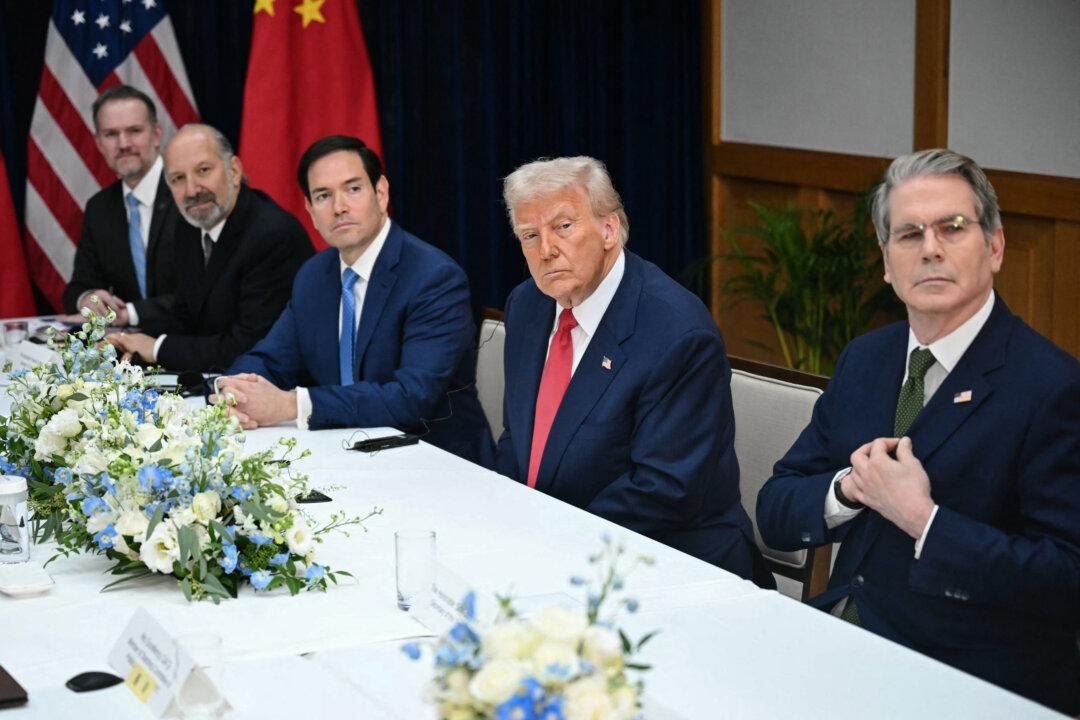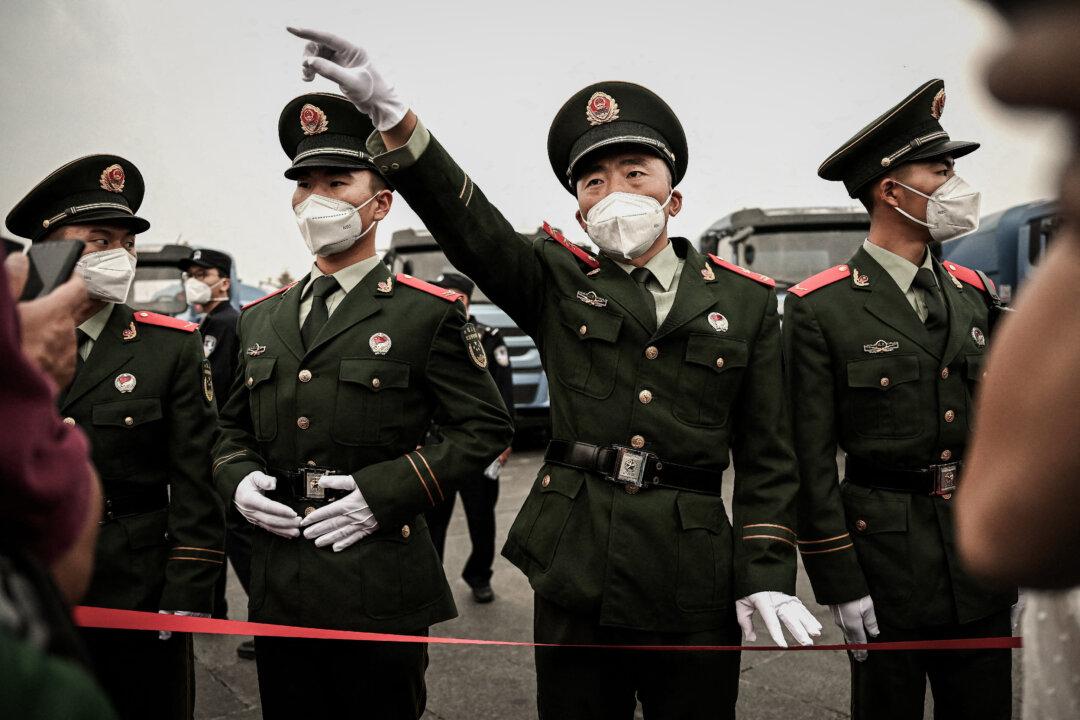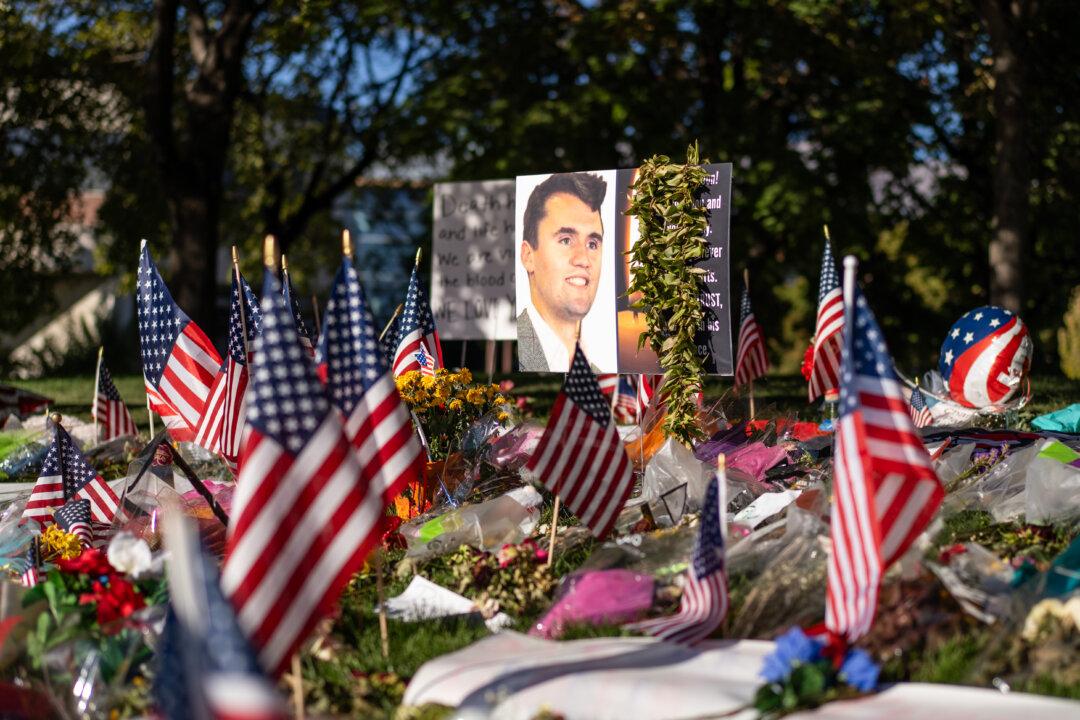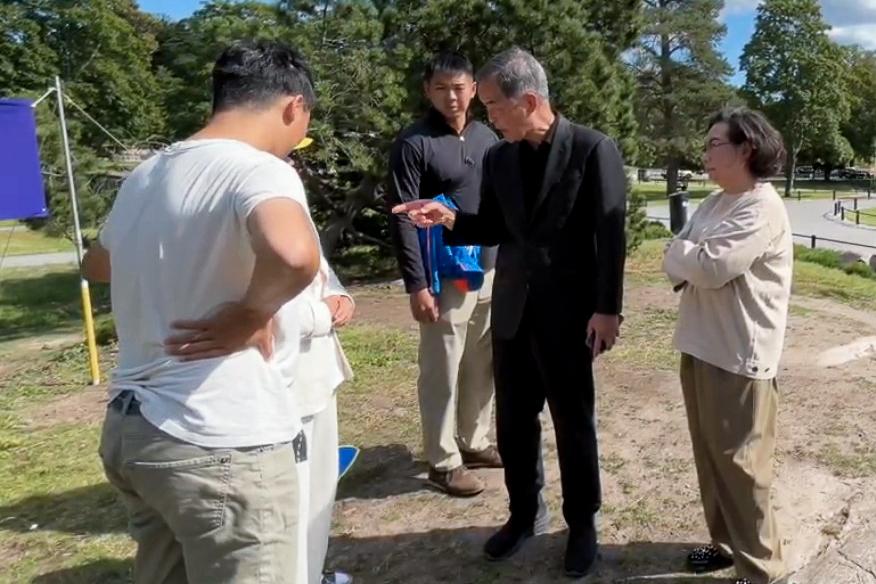For three months, the rebellious village of Wukan in Guangdong Province seemed to hold out hope that all of the old rules regarding life under the Chinese Communist Party (CCP) need no longer apply. Some suggested a Chinese Spring, a companion to the Arab Spring, was beginning to stir in the waning days of autumn in southern China.
The crisis came to a head in the third week of December. Wukan had planned a mass march of thousands of villagers that would break the blockade of the security forces and end with a protest outside the municipal building of Lufeng City. If the villagers’ three demands were met, they promised to cancel the march and protest.
The demands were, first, to release the arrested villagers; second, to return the body of Xue Jinbo; and third, to recognize the villagers’ elected temporary village committee.
Xue Jinbo had been the village’s freely elected representative. He was taken away by the local police and died two days later in the local police station. His family was allowed to see the body but not take it away. They described a corpse disfigured by torture.
